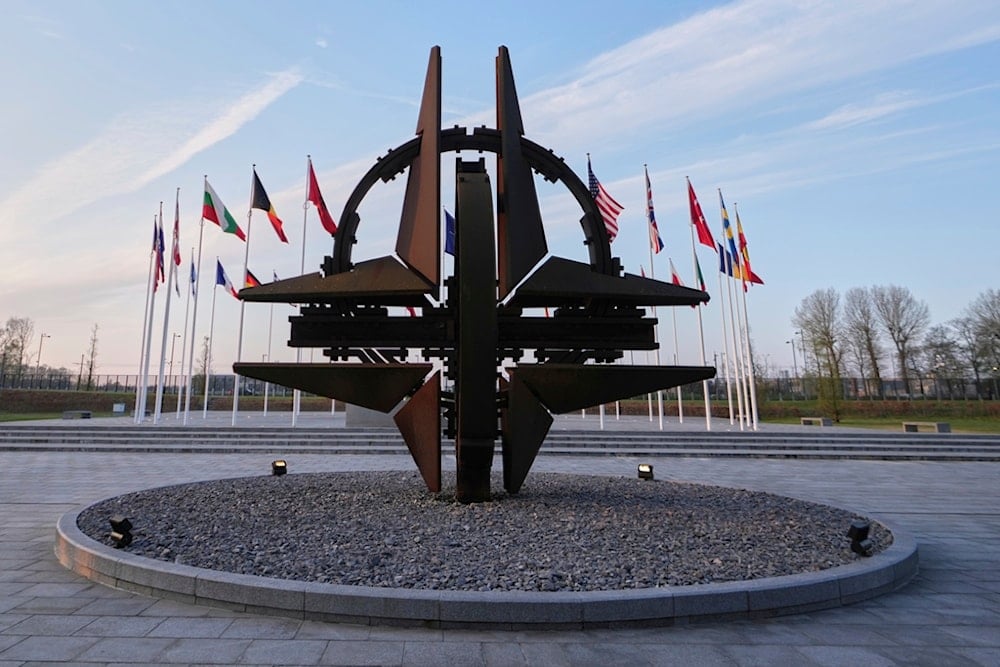Rubio promises inclusion as EU voices unease over US-led Ukraine talks
During his first NATO meeting as Secretary of State, Marco Rubio assured European leaders that any deal with Russia over Ukraine would fully involve both Kiev and the EU, according to EU foreign policy chief Kaja Kallas.
-

Flags of Alliance members flap in the wind prior to a meeting of NATO foreign ministers at NATO headquarters in Brussels, Thursday, April 3, 2025 (AP Photo/Virginia Mayo)
US Secretary of State Marco Rubio sought to calm European anxieties on Friday by pledging that any agreement with Russia over Ukraine would fully involve both Kiev and Brussels. His statement came during the NATO foreign ministers' meeting in Brussels—his first since taking office in January.
According to EU foreign policy chief Kaja Kallas, Rubio offered clear assurances behind closed doors. "It was stressed that nothing about Ukraine without Ukraine, and, of course, Ukraine and Europe need to be agreeing to whatever is discussed, because this is all happening in Europe. So, yes, he was giving us assurances about this," Kallas told reporters.
Her remarks echo a growing chorus of concern in European capitals over Washington's dominant role in recent peace efforts. Last month's indirect negotiations in Riyadh, where US diplomats reportedly discussed a potential 30-day ceasefire separately with Russian and Ukrainian representatives, have left some EU officials uneasy about being sidelined.
Kallas has been one of the most vocal advocates of a more inclusive process. In February, she warned that no durable peace could be achieved without the direct participation of both Ukraine and the European Union. More recently, on March 31, she urged Washington to increase pressure on Moscow to commit to the ceasefire plan, saying, "The United States also has the role to put more pressure on Russia to stop this war."
The concern over exclusion is not merely procedural. A proposed US-Ukraine economic agreement—leaked just days before the NATO meeting—has deepened European fears. The deal, which would establish a US-controlled investment fund with oversight over Ukraine's key industries, has prompted criticism in Kiev and alarm among EU policymakers. Critics say the arrangement risks compromising Ukraine's sovereignty and could conflict with EU market regulations, further complicating Ukraine's bid for EU membership.
NATO Secretary General Mark Rutte has attempted to downplay the friction, previously urging European leaders to focus on offering constructive proposals rather than lamenting their lack of involvement. Still, with Washington steering both military and economic discussions, the rift over process and priorities remains palpable.
Read more: Russia a highly strategic negotiator, US General tells Senate

 2 Min Read
2 Min Read









